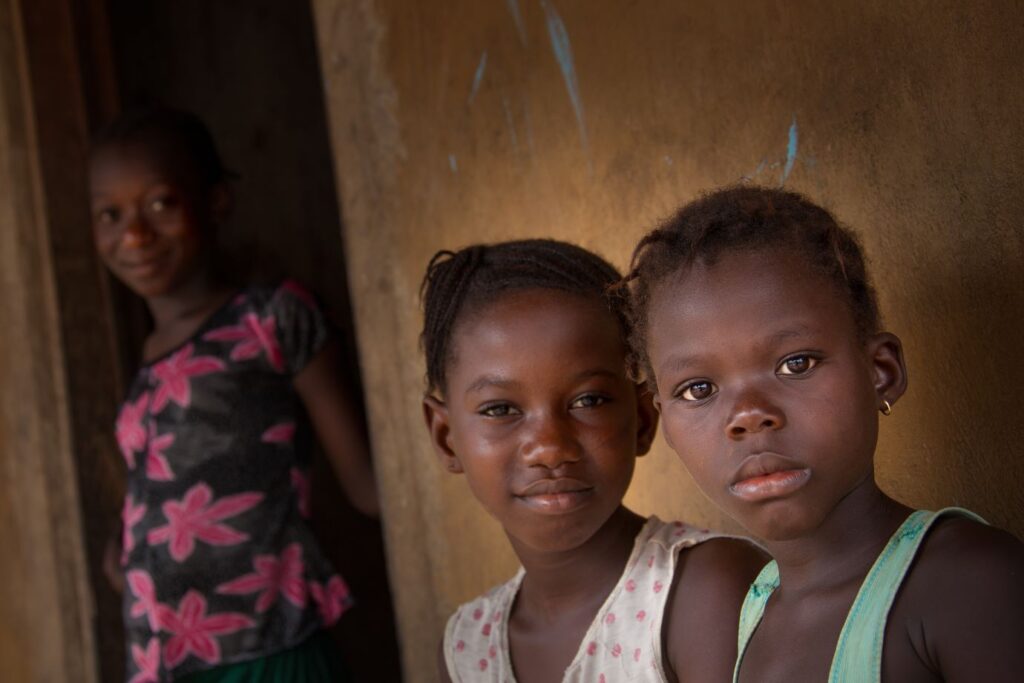Sierra Leone’s government has passed a historic bill that will criminalise the act of child marriage in the west African nation.
The move comes after years of campaigning from girls’ rights activists in Sierra Leone, where about 30 per cent of girls are married before their 18th birthday.
Sierra Leone has one of the highest rates of child marriage in the world, as well as high rates of early pregnancy and maternal mortality. About one-third of girls in Sierra Leone have given birth before the age of 19.
Shortly after the legislation passed, First Lady of Sierra Leone Fatima Maada Bio expressed her support of the move.
“Sierra Leone’s Parliament today unanimously passed the Prohibition of Child Marriage Bill 2024, a crucial piece of legislation that I championed,” she said in a statement. “This private member’s bill outlaws child marriage, a harmful practice that has long plagued the nation.”
She expressed her gratitude to parliamentarians for supporting the measure, saying: “Your dedication to this cause, despite the inevitable political differences that arise, is a testament to your shared belief in the importance of the early child marriage bill. This bill represents a significant step forward in protecting the rights of our next generation and a testament to the power of collaboration and shared purpose.”
The Prohibition of Child Marriage Bill 2024 will criminalise the act of marrying or entering into a union with a child under the age of 18. The bill includes provisions for enforcing penalties, protecting children’s rights and ensuring access to education and support services for young girls affected by child marriage.
“This is a historic moment and an extraordinary achievement for children across Sierra Leone who have campaigned for their rights,” said Save the Children Sierra Leone Country Director Patrick Analo.
“Girls who are married young are not only robbed of their childhoods – they are robbed of their futures. They experience lifelong harm to their physical and mental health; are barred from opportunities to learn, grow, play and develop; shut out from future educational and economic opportunities that also impact their families and communities.
“Children have now stood up and said: “Give us our futures back.” And thanks to them, this will be a new reality for nearly four million children across Sierra Leone.”
On International Day of the Girl in 2023, Save the Children released a report that said 29.9 million teenage girls currently live in the world’s top 10 “child-marriage-climate hotspots”, referring to nations that carry the highest chance that a girl will be both married as a child and impacted by the devastation of climate disasters.
Child marriage can have life-long consequences for a girl’s life, with them being much less likely to complete their education, while facing a much higher risk of physical and sexual violence, and greater health risks during pregnancy and childbirth.

